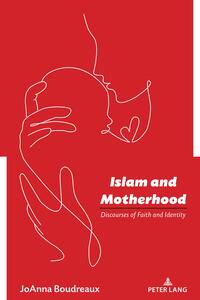
How do U.S. American Muslim mothers describe and discuss their identities as mothers, wives, and Muslims? How do they conceptualize their relationships with their children, husbands, and other family members? Often, discussions of motherhood within the mainstream Muslim community do not center on actual mothers’ perspectives. This study, undertaken by a Muslim woman researcher, foregrounds the lived experiences of Muslim mothers to explore their communicative experiences of identity. The findings of this study are based on interviews with nine U.S.-based Muslim women who shared detailed thoughts about what Islamic scripture says about motherhood, the role of culture, the rights and obligations of different family members, and details about their day-to-day lives. Hecht’s Communication Theory of Identity (CTI) framework – a flexible and useful method for understanding the relationship between ideology, identity, and personal agency – is used to identify core themes. Further, this study explores contradictions, incongruences, an disruptions between how respondents may enact (or perform) "motherhood" and their own personal feelings. Engaging and accessible, this book will be of interest to scholars of communication theory, religious communication, women and gender, and U.S. American Muslim studies, as well as anyone with an interest in the various impacts and influences of overarching intersectional identities.